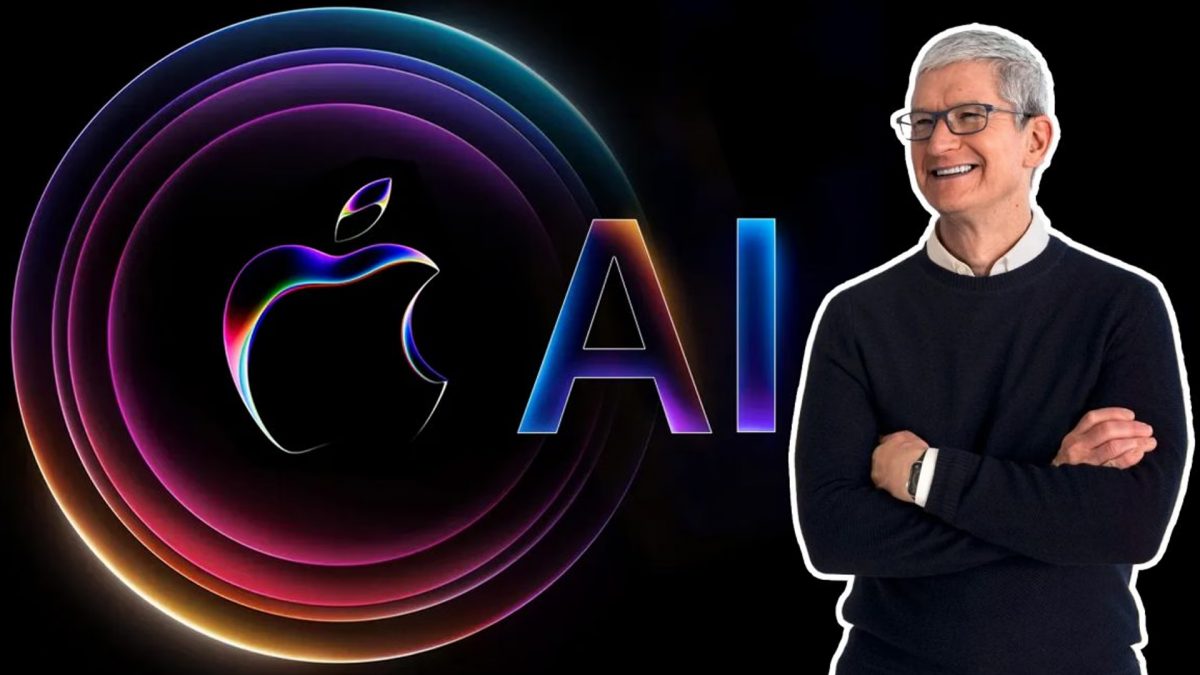The delay allows Apple additional time to address bugs and ensure a more polished launch. Initially, the AI features were supposed to debut with iOS 18 and iPadOS 18 in September, but now they will arrive a few weeks later read more
)
As a result of this release plan, the first iPhone 16 models shipped to consumers this year will not include the new AI features, requiring a software update a few weeks later. Composite image.
Apple is delaying the launch of its highly anticipated artificial intelligence features, which will not be ready in time for the release of its upcoming iPhone 16 and new iPad software. Instead, these AI enhancements, collectively known as Apple Intelligence, are expected to be rolled out in an update, iOS 18.1, slated for October.
The delay allows Apple additional time to address bugs and ensure a more polished launch. Initially, the AI features were supposed to debut with iOS 18 and iPadOS 18 in September, but now they will arrive a few weeks later, says a report by Bloomberg’s Mark Gurman.
Sources familiar with the matter told Gurman that Apple plans to make Apple Intelligence available to software developers for early testing via beta versions of iOS 18.1 and iPadOS 18.1 as soon as this week. This approach is unusual for Apple, which typically does not release previews of follow-up updates until the initial software version is publicly available.
The stakes for Apple are particularly high with this release. The company needs developers to help identify and resolve issues to ensure a smooth launch of Apple Intelligence for consumers. There have been some concerns about the stability of Apple’s AI features which is why Apple had to separate them from the initial releases of iOS 18 and iPadOS 18.
Apple announced these new AI capabilities at its Worldwide Developers Conference in June, originally stating that Apple Intelligence would be part of the initial iOS 18 and iPadOS 18 launch. However, due to the revised schedule, the full suite of AI features will now be introduced in a subsequent update. When asked for comments, an Apple spokesperson chose not to respond.
Recently, Apple released the fourth beta of iOS 18.0 to developers, with plans to finalize the development by the end of July. Apple typically introduces new iPhones each September, accompanied by the latest software. This timeline necessitates completing the operating system several weeks in advance to allow time for the software to be installed on devices before they are shipped.
As a result of this release plan, the first iPhone 16 models shipped to consumers this year will not include the new AI features, requiring a software update a few weeks later. Apple Intelligence will include a variety of features, such as prioritizing key notifications, summarizing web pages and voice notes, enhancing writing tools, revamping Siri, and integrating OpenAI’s ChatGPT.
Even with the rollout of iOS 18.1 and iPadOS 18.1, some features will still be missing, including significant updates to Siri, like using on-device data to assist with queries and providing context for answers based on what is on the user’s screen.
Gurman also reported that Apple is planning to release the full set of Apple Intelligence features to the public, through multiple updates starting from the end of 2024 and continuing into 2025. These features will also be extended to Mac computers with Apple’s in-house chips as part of macOS Sequoia and are being developed for the Vision Pro, though a release for this device is not expected soon.
Apple is banking on Apple Intelligence to help it compete in the rapidly evolving generative AI space that has significantly impacted businesses and consumer devices over the past year. By limiting support to last year’s iPhone 15 Pro and the upcoming iPhone 16 line, Apple hopes that the new AI features will drive sales of its latest models.
The iPhone 16 is expected to have minimal design changes, so software enhancements, alongside a new button for camera control and a faster chip, will be crucial in marketing the new devices.

 3 months ago
146
3 months ago
146
)
)
)
)
)
)
)
)
)
)
)
)
)
)
)
)
)
)
)
)
)
)
)
)
)
 English (US) ·
English (US) ·